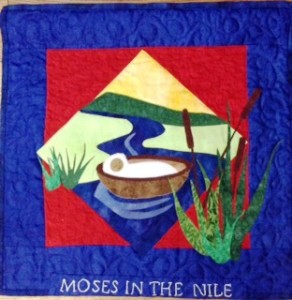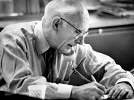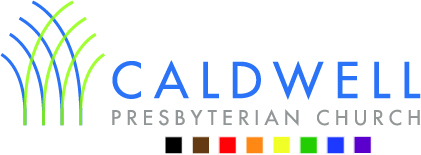
There is room for every level of experience and whatever time you want to make fort his effort. Marilyn is a great teacher and all levels of experience are invited. Come to one or all of the sewing sessions. Come for as long as you have on any of the four Saturdays.Questions? Contact Marilyn at mrowlan1937@att.net .
Dear Caldwell,
As some of you know, journalism formed me in my youth and young adult years. I came to understand that good journalism was critical to successful democracy and to healthy, just community. Good journalism is about the pursuit of truth and, for each reporter, finding the voice to speak the truth. In my six years in journalism in my 20s, I learned a lot about how to think, write and report. Those skills still serve me every day.

One of the great names that I heard a lot in my early years was Claude Sitton, a colleague and friend of my father’s in covering the civil rights era in the 1960s. He later became the Executive Editor of The News and Observer in Raleigh, where his un-blinking style of journalism held government and power accountable. I’m convinced that contributed to North Carolina’s evolution as a southern but progressive, forward-leaning state, a description, unfortunately, it is quickly losing. Claude Sitton died Tuesday at 89. In today’s USA Today, Pulitzer Prize-winning author Hank Klibinoff said of Claude: “He was the single most important news reporter who covered the modern civil rights struggle and he may also be about the least known.” Read Hank’s full reflection here.
I wonder – and I worry – about what Claude may have been thinking about race in America in his final weeks. Only days after the nation recognized the 50th anniversary of the Selma bridge breakthrough in the march for civil rights, we have seen the ugly face of racism in the video of some fraternity boys singing a deplorable, racist chant. Then, just last night, in an equally unforgivable act, two police officers – neither of them members of the Ferguson, Mo. police department – were shot at a protest there. I worry that Claude Sitton may have been thinking that the victories won in the civil rights movement have been forfeited in too many instances.
As a college student, I interned at The Raleigh Times, the N&O’s sister paper, in 1983. I always felt like something of a lightweight around Claude and in comparison to his history-changing career. The great journalists are master story-tellers, faithful beat reporters, muck-raking investigators, keen observers of city and community life and thoughtful opinion leaders. Truth is, I never really “found my voice” as a journalist. However, because you have allowed me to, I have found at least more of my voice and plenty of room to pursue truth in your amidst as a preacher, and I am grateful.
This week, an African-American member stopped by my office to chat. Reflecting on what I said last Sunday about our shared complicity in racial disparities in America, she said with a grin, “I didn’t know you could talk to white people that way.” I responded that I can, at least here, because this congregation doesn’t shrink from the hard work of participating with Christ in building the Kingdom of God, even when that work calls us to see and say things as they are, warts and all.
I thank you for being that congregation.
Look for Caldwell This Week tomorrow.
In Christ,
John
